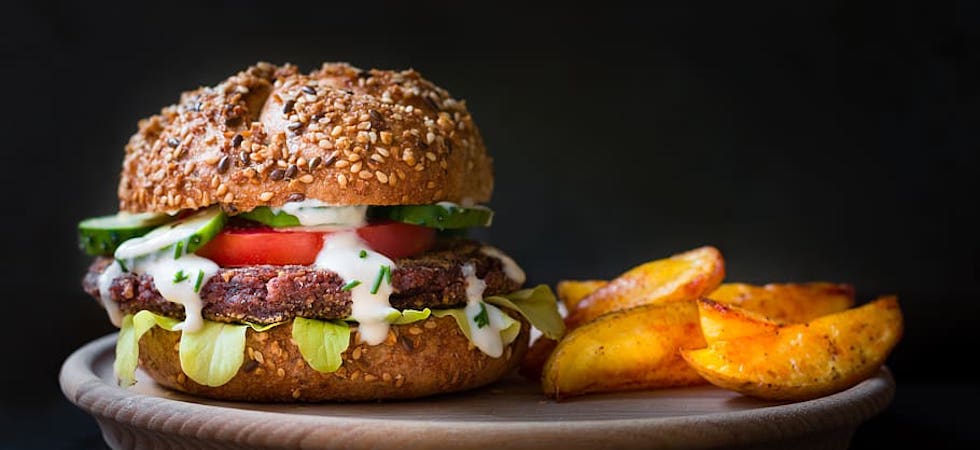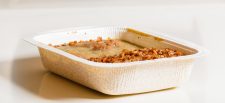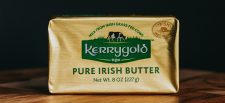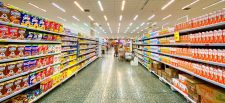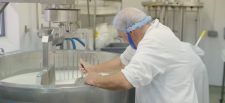The plant-based alternatives food market will be worth €7.5 billion by 2025, according to a new report by ING.
The report ‘Growth of meat and dairy alternatives is stirring up the European food industry’ said that the rapid growth at 10% per year leads to an increased share in the total meat and dairy market.
Retail sales of meat substitutes and dairy alternatives have more than doubled in the EU and the UK over the last decade. However, plant-based alternatives are still a relatively small category at 0.7% of the total meat market and 2.5% of the total dairy market.
The UK is the most-developed market, with retail sales of nearly €1 billion, and is followed by France and Germany. Consumption per capita is highest in the Nordics and Belgium, the Netherlands, and Luxembourg.
Market share for meat and dairy alternatives is set to increase to 1.3% and 4.6% respectively by 2025. At present, the value of the meat market in Europe is €188 billion, with the dairy market valued at €118 billion.
Even if retail sales of meat and dairy alternatives would keep growing by 10% per year after 2025, the report says it is unlikely that sales of these alternatives will surpass sales of meat and dairy until 2050 or beyond.
“Plant-based alternatives draw a lot of attention but the hard numbers show that the dominant role of meat and dairy in European diets is far from over, despite the momentum behind various market leaders.”
In the report, ING economists outline that the growth will be mainly driven by the continued investments being made by start-ups, general food producers and meat and dairy companies. This means sales of meat alternatives are expected to increase to €2.5 billion and sales of dairy alternatives to €5 billion in 2025. According to ING’s calculations, market share for meat alternatives is set to increase to 1.3% and for dairy alternatives to 4.6% over the next five years.
Commenting on the report Thijs Geijer, ING sector economist food and agriculture, said: “In the past ten years, plant-based alternatives have moved beyond niche status and now reach a larger group of so-called ‘flexitarian’ consumers. We have found that younger consumers are at the forefront of this shift.
“The challenge for plant-based producers is to bring down the price gap with animal-based products, improve user experience and increase availability.
“Plant-based alternatives draw a lot of attention but the hard numbers show that the dominant role of meat and dairy in European diets is far from over, despite the momentum behind various market leaders. Some characteristics of meat and dairy products are very hard to mimic. The sheer size of the meat and dairy market, compared to that for plant-based alternatives, means that it’s not self-evident that alternatives will eventually surpass retail sales of meat and dairy products. Even at the current growth rate, it would take until the mid-2050s before this could happen.”
The report concludes that more will need to be done to make plant-based products more ‘inclusive’ for the majority of European consumers. To compete with popular meat and dairy products and maintain the current growth rates, producers of plant-based alternatives have to lower the barriers for consumers on three important aspects. These include high prices, unsatisfactory user experience and limited availability in food retail and foodservice.

